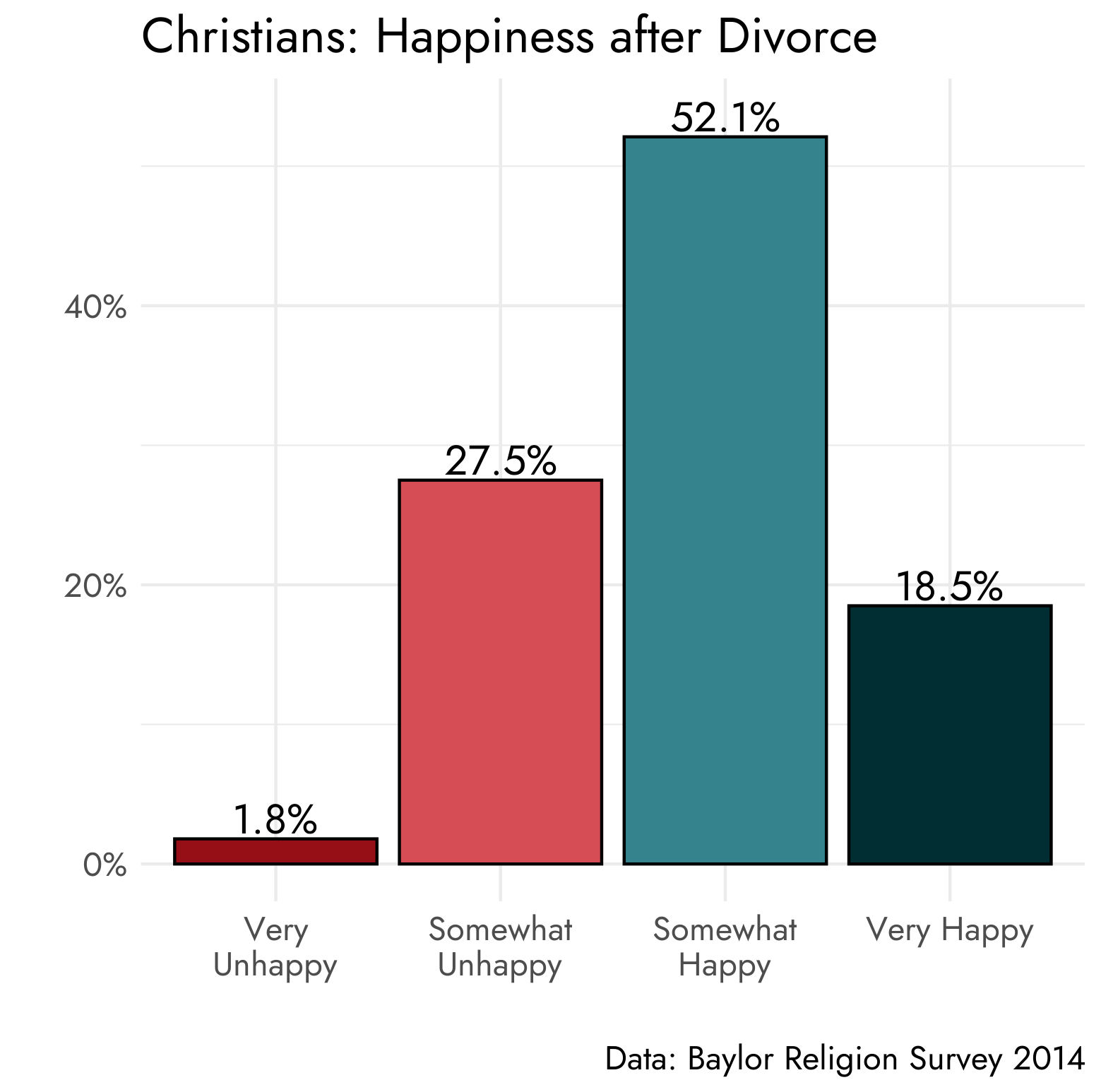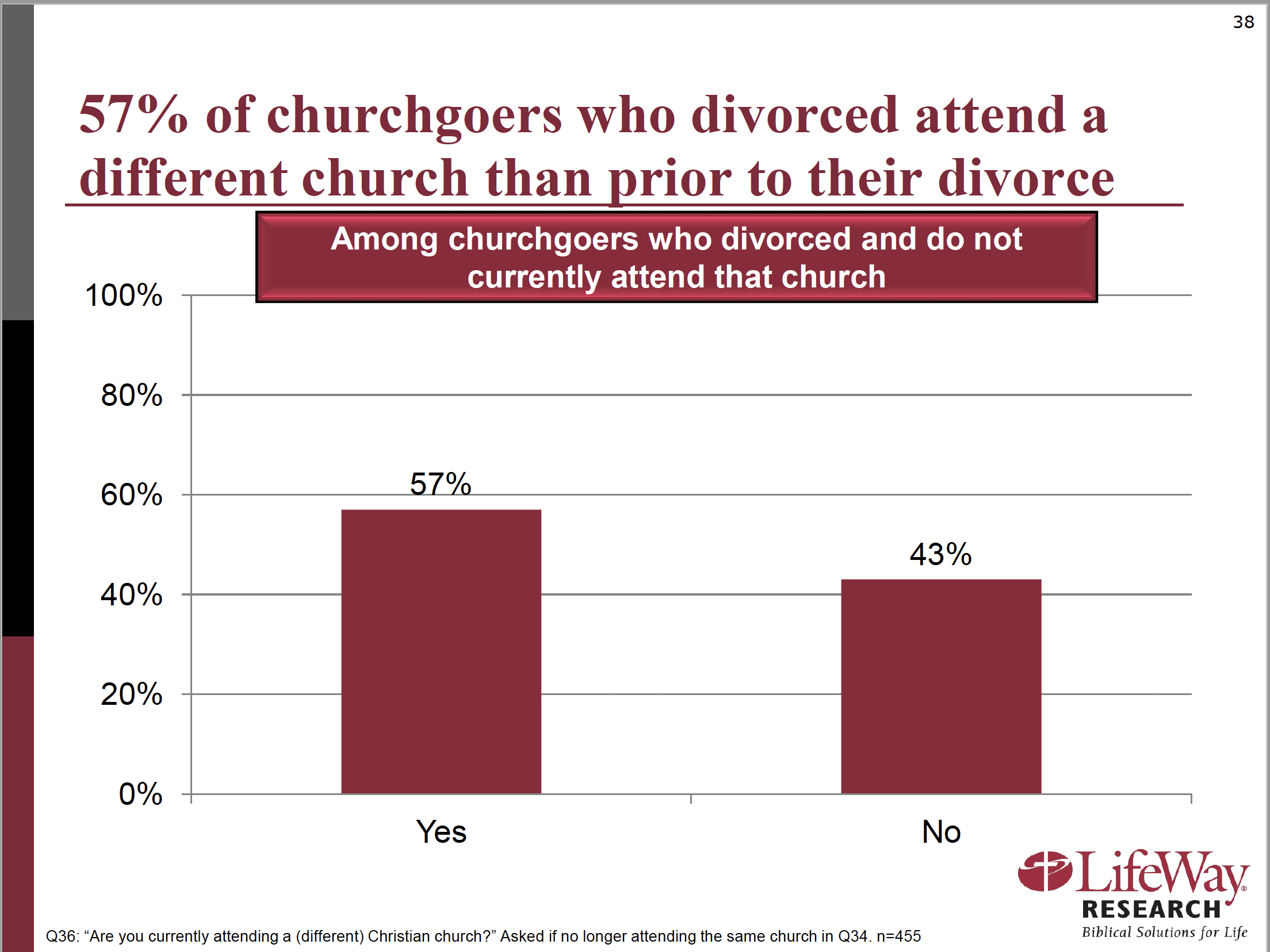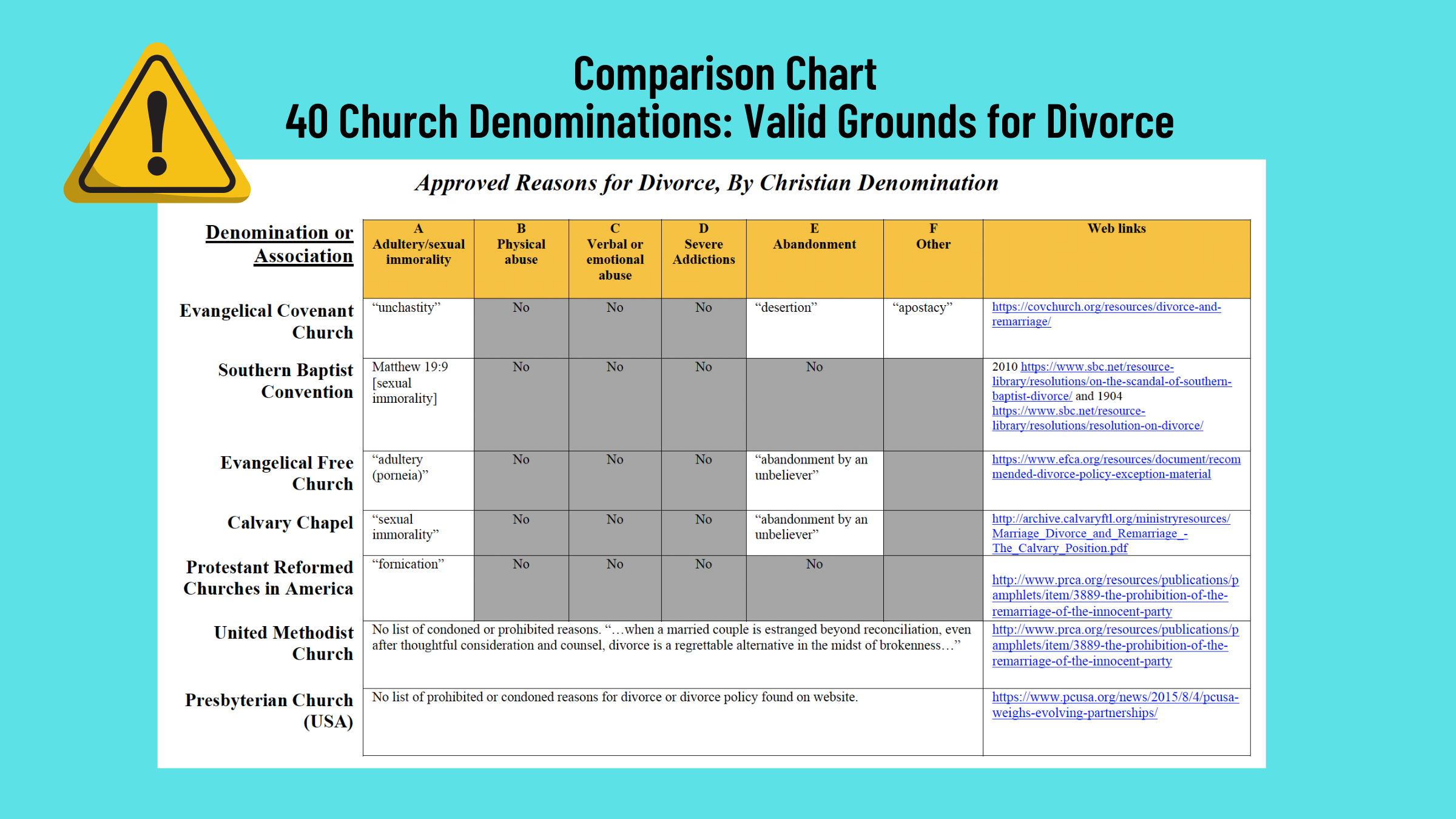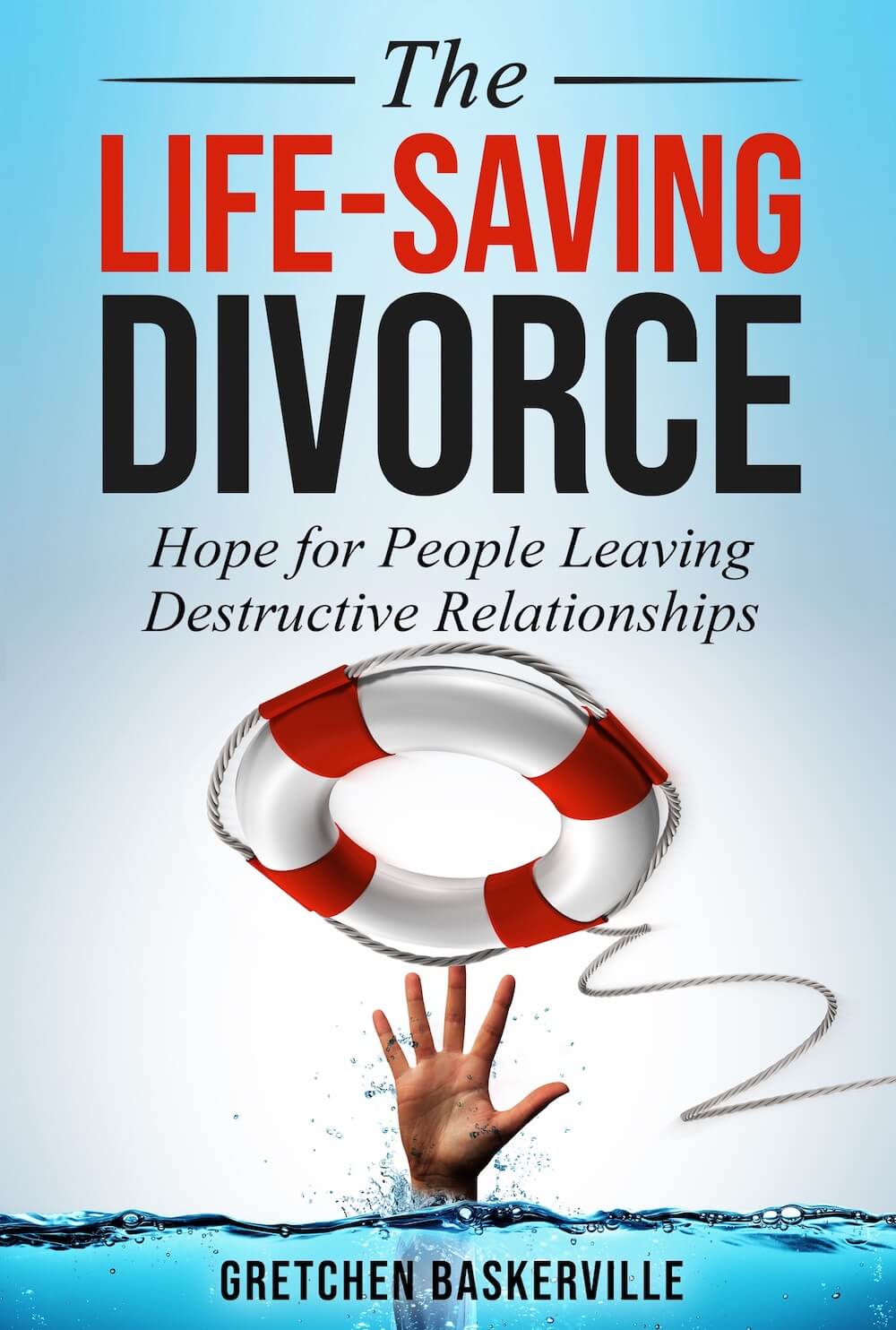About Me: If you’re new to my blog, read this first. I’m a committed Evangelical Christian. I attend, I tithe, I serve, I volunteer, I lead Bible studies. I started leading Christian divorce recovery groups in conservative churches in 1998. Despite what we were taught, the vast majority of divorces are not for frivolous reasons. I write about “life-saving divorces,” those divorces that are for very serious reasons. “Life-Saving divorces” make up nearly half of divorces in the United States. Read the definition HERE. If you want to know why you should should have a nuanced view of divorce, see THIS. And here is the biblical rationale for condoning divorce. Although I believe many divorces are treacherous, immature, or sinful, I also believe that some are gifts from God to protect innocent spouses and their children.
Comparison Chart: 40 Church and Denomination Policies on Divorce and Abuse
This chart compares more than 40 churches and denominations and associations using their own official online divorce policies which are public. They are often explicit about what divorces they condone. They may also have vague wording in their policy. So this “Church and Denomination Policy on Divorce and Abuse Comparison Chart” (click that link) mentions only what they say explicitly; because unless it is clearly stated, physical and emotional abuse victims don’t know whether they will find support to leave or whether they will be required to stay married to a destructive dangerous person. Where there was no written policy online, the researcher has added analysis, indicated by brackets and italics, for example: [Analysis of this denomination suggests it prohibits divorce.]
CLICK HERE for a link to the Divorce Policies compared for these denominations/groups: https://www.evernote.com/l/AF2OzVcHU61OoJvgVukiZSPie_Kk6QkSzTU
8 Common Questions about the 40 Church Policies on Divorce
1. Where did you find this information?
I went to the official website of each organization.
2. Do you have evidence that half of divorces in the U.S. are for very serious issues, not frivolous at all?
Yes, I do. I remember the sermons at my old church that suggested that most divorces were for “falling out of love.” And while there are some that fall in that category, according to 4 major studies, about half of divorces are for very serious things: adultery, sexual immorality, physical abuse, emotional abuse/control, addictions, abandonment, or severe neglect.
3. Are there Bible verses that indicate that abuse is biblical grounds for divorce?
Yes. Both physical abuse (including intimidation, striking you, restraining you, throwing things at or near you) and emotional abuse (threats, lies, concealment, deceit) are biblical grounds for divorce. See verses listed here.
4. I’ve heard divorce will destroy me and my kids. Is that true?
No, that’s not true. In fact, 8 in 10 kids come out fine after divorce; and 7 in 10 Christian adults say they are happy after divorce.
Often churches have been given misinformation about the effects of divorce on divorcees and children. They will tell you that you will never be happy again; your next marriage will end tragically too because “you’ll bring your problems into the next marriage”; and that your kids will be destroyed, have drug/alcohol/behavior problems and their marriages will fail too. But all of this is incorrect.
According to 20 years of research, none of these are true for the vast majority of people who need to escape from long destructive or unfaithful marriages. There is research showing that you are likely to be happier if you leave a long destructive marriage. In fact, a study using Baylor University data, shows that 7 in 10 Christians are happy after divorce, that includes all divorces, both life-saving and not. And remember: Baylor is the largest Baptist university in the world. See the graph below.

5. Can A Church Legally Prohibit My Divorce…or Remarriage?
In the United States, churches have no legal say as to whether you divorce or remarry. They may pressure you. They may prohibit you from remarrying on their premises or having their staff officiate or conduct the ceremony, but they have no legal control over your decision. They cannot block you. Marriage and divorce are civil matters in the U.S. court system, not religious.
6. Can a Church Excommunicate or Discipline Me if I Divorce for Abuse?
Yes, a minority of churches feel entitled to excommunicate wives (mainly) for not staying with their abusive, destructive, or serially unfaithful spouse. They believe they have the right to require you to stay with an abuser until they are satisfied that you’ve been abused enough, which seems to fly in the face of the words of Jesus and Peter who prohibit this kind of control.
If you are being threatened with church discipline or excommunication for wanting a life-saving divorce, click on the link for tips and information. Find our your options in the face of excommunication or church discipline. If you are an abuse victim, it may be best to keep it secret from your pastors or leaders and to switch churches before you file for divorce. Here are some first-person stories, legal opinions, and actual court cases, along with a church membership resignation letter and instructions on how to send it. These types of churches that are deaf to the suffering of sisters and brothers in Christ have driven away more than a million Evangelical divorcees away from the church. It’s a serious problem that is well documented.
7. I Love the Lord. I love God’s Word. Can I Find a Better Church?
Yes, there are good churches and pastors that don’t hold the innocent spouse responsible for the marriage-endangering sins of their mate. We know the heart of Jesus on these matters. Jesus made a big point to release a captive woman from a spirit that bound her in disability for 18 years…and he did it on the Sabbath, which angered the religious leaders who thought they knew the mind of God. And we also know from the Good Samaritan story that many religious leaders will walk on the other side of the road rather than to dirty their hands by supporting your desire to divorce and leave a toxic spouse.
About 6 in 10 Protestant Christian divorcees switch churches when they divorce, according to a study done by LifeWay Research (the Southern Baptists’ research arm) on behalf of Focus on the Family. LifeWay surveyed active churchgoers who had attended before their separation/divorce. These weren’t “cultural Christians” or “carnal Christians”; many were volunteering, serving, and active in their churches.

8. How Do I Find Another Church? I Don’t Want to Make A Mistake
How can you find a better church? When I vet churches for people, I listen to the marriage sermons of pastors online (if possible). In their marriage sermons, I listen carefully. Do the pastor/leaders mention ANY acceptable reasons for divorce? Do they ever list examples of physically or emotionally abusive behaviors and tell the listeners these are unacceptable? Do they require you to get a certain amount of counseling from their hand-selected (marriage-at-any-cost) counselors before you divorce? Do they look down on those who choose to divorce, and describe them as quitters who took the easy way out? Do they vilify the one who files the legal paperwork rather than the one who abuses? I listen for the 27 myths of divorce. If I hear this kind of message, I move on to the next church.
Here is one woman’s story of trying to find a church. She’s a conservative Christian who wants to bring up her teens at church. But how does she find a church that won’t condemn her and look down at her kids? After all, she wasn’t the one who committed adultery over and over! Her ex-husband did.
But don’t worry if you cannot find a loving church. You’re not alone. At least 1 million Christians love the Lord, identify as evangelicals, and still cannot find a church that doesn’t judge divorcees. Here’s the good news: Now many good churches have their services online, and you can find a church in another state that will suit your needs. Here’s a list of pastors’ sermons and blog who believe in divorce in cases of abuse. I’ve included a wide variety of denominations, so there may be one who’s right for you.
Bonus: What would Jesus say about convoluted theological word-smithing in some of these divorce policies?
We know from Luke 13, that Jesus wanted to get people out of bondage and he wasn’t willing to follow the religious leaders’ rules to do so. We know Jesus was willing to face their criticism. Jesus knew the leaders would accuse him of breaking the Law. He knew they would accuse him of being “liberal.” He knew those religious leaders would be so angry at his compassion that they would eventually kill him.
Jesus turned the tables and attacked the legalistic religious rulers saying, “You jerks treat animals better than this!” (Luke 13) And he’s right: If an animal was treated with the neglect and hostility we see in some Christian homes, the owner would be arrested and not allowed to own or adopt animals ever again. We are called to imitate Christ. We are called to follow Christ’s example. And he sided with mercy and setting the captives free.
Errors, Corrections, and Updates
Churches frequently change policies. If you have an update or find an error in this chart, please report it with as much detail as possible, including exact quotes, page numbers, URLs, and specifics to lifesavingdivorce.com/contact All information within this chart is from publicly available material posted online by the church or denomination itself, and so the only changes I will make must be from official policy documents from the organization, not meeting notes, blog posts (unless an official statement from the organization’s leader) or commentary.



 :
:
 Buy PDF
Buy PDF